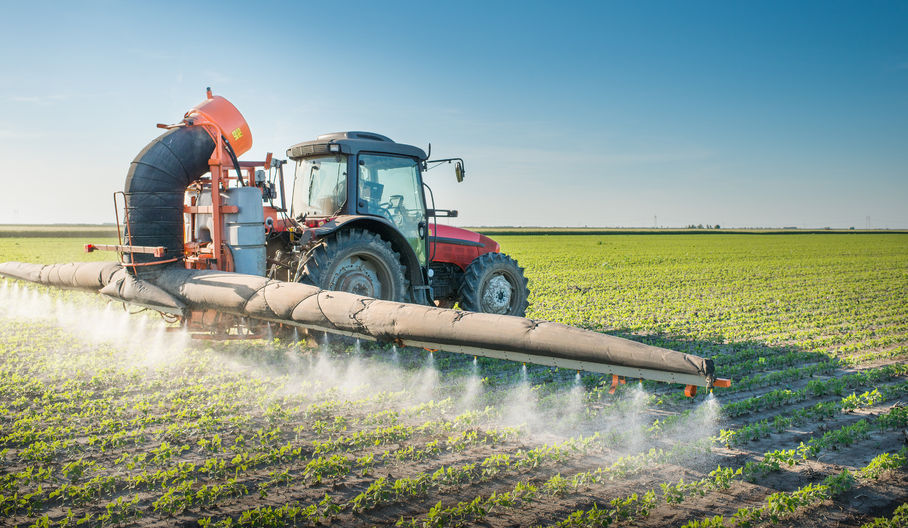 Pesticides
Pesticides
Growing demand for food has forced producers to maintain the quality of their livestock and crops in the most efficient way. This can involve the use of pesticides. Using these products on crops risks exposing consumers to harmful chemical materials through residues that remain as the animal is reared or as the crop is processed. Setting limits on the maximum levels of these residues ensures that the food is safe to eat.

The role of Codex in Pesticides
To protect consumer health, most countries have maximum legal limits for pesticide residues in foods. Trade difficulties can arise when limits differ between countries.
The Codex Committee on Pesticide Residues (CCPR) is responsible for establishing Codex Maximum Residue Limits (MRLs) for pesticide residues in specific food items or in groups of food or feed that move in international trade.
Before a Codex MRL can be established human health risk assessments must be conducted to ensure the food supply is safe. It is the responsibility of the Joint FAO/WHO Meeting on Pesticide Residues (JMPR) to review the appropriate toxicology and data obtained mainly from supervised trials, that reflect approved pesticide use in accordance with "good agricultural practice." JMPR conducts dietary risk assessments and recommends specific MRLs to the Codex Committee.
For a chemical or commodity to be considered for review by the JMPR it must first be nominated by a Member Country to the CCPR Electronic Working Group on Priorities.
Related Codex Texts
News

CCPR / Meeting concludes “Another successful gathering of the experts on pesticides”

CCPR55 / A productive and efficient committee with sense of warm collaboration and mutual respect

CCPR / Committee plays an increasingly important role in development of international food safety system

Codex in Mauritius / Learning from others

CCPR / a significant influence on the development of national pesticide residue standards

WTO / new publication recommends land-locked developing countries actively participate in Codex
Key Facts
- Codex sets Maximum Residue Limits (MRLs) for pesticides in food and feed crops to provide standards for food safety and foster international trade. FAO and WHO also develop Pesticide Specifications to set standards for pesticide quality and protect consumers and the environment from the use of substandard products.
- Codex has established over 4300 MRLs covering nearly 200 pesticides.
- FAO promotes Integrated Pest Management (IPM) as the preferred approach to pest management.
- FAO and WHO encourage the implementation of the International Code of Conduct on Pesticide Management.
Pesticide legislation & labelling
Harry Van der Wulp explains how the guidelines on pesticide legislation have been updated to emphasize that pesticide management stretches beyond agriculture and also involves ministries of health and environment.


